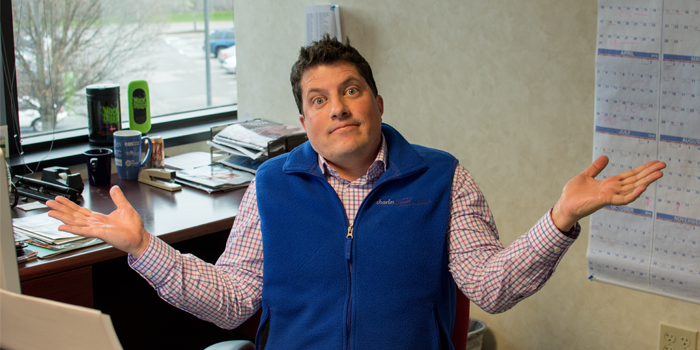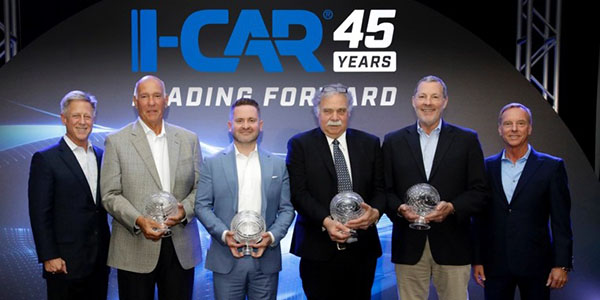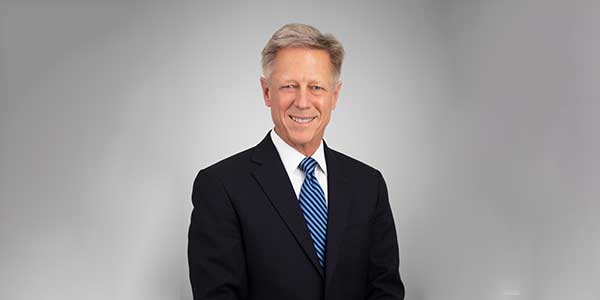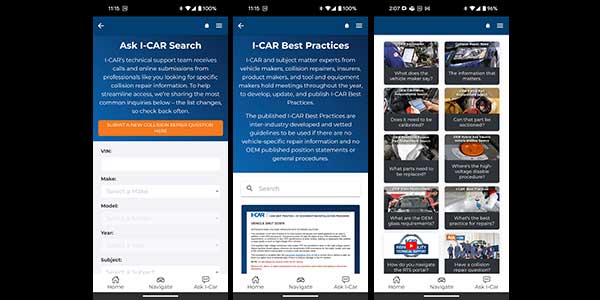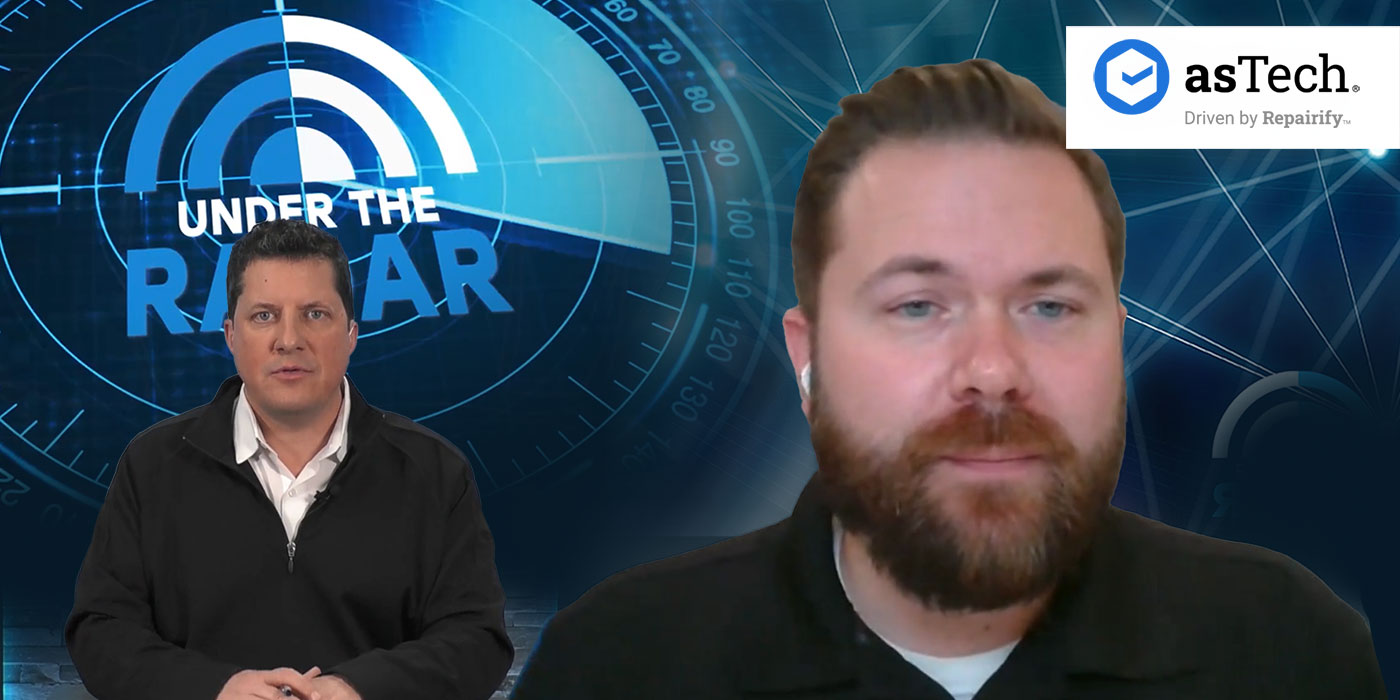Welcome to Editor’s Notes 2.0, a new online-only post written by BodyShop Business Editor Jason Stahl that will consist of rants, ravings and random thoughts on the collision repair industry. You know never when one will pop up, but when it does, you can be sure it will entertain, give you food for thought and possibly make you nuts. Enjoy!
A huge debate that has erupted on our website over how to properly fix cars reminded me of a problem I have when friends and fellow office workers who have had an accident come to me asking for a referral.
I don’t know what to tell them.
What am I supposed to say? Make sure you go to a collision repair facility that has I-CAR training? Nope, can’t say that, because repairers have told me that some shops haven’t taken I-CAR training in 20 years yet still have their plaques from 20 years ago hanging in their lobby. What’s more, repairers tell me, is that just because someone took an I-CAR class doesn’t mean they can fix cars properly. Most likely it was classroom training with a written test, which doesn’t mean squat, they say.
So then one shop owner told me to tell my friends to ask to see the shop’s last welding certificate they got from I-CAR to make sure it’s recent and not from, say, 10 years ago. But then that’s not even a guarantee that if the car is welded back together, it will protect you sufficiently in the event of another crash because it’s not just the technician doing the welding but the welder itself. Is it properly maintained? Are the tips OK? Does the shop have the correct amount of electricity to ensure a proper weld? Does the shop perform destructive weld tests prior to a job requiring welding? The answers I’ve gotten from most industry people on these questions is no, no and no!
“It’s simple,” said one shop owner. “Tell them to go to a shop where the owner will work on their behalf, not the insurer’s.” Obviously, this was a non-DRP shop owner who told me this. But wait, said the DRP shops. Those non-DRP shops don’t have the equipment and training we DRP shops do! We have to have that in order to be on insurance companies’ programs! There are strict guidelines to be on those programs, and we have to constantly maintain our I-CAR Gold Class to stay on the program. So we are better prepared and more able to give you a quality repair! Then the non-DRP shops tell me, no, the DRP shops cut corners! They have to because of the unrealistic cycle times insurers expect of them! Plus, they’re more likely to use salvage and aftermarket parts!
OK, so how about I tell my friends to make sure they go to a clean shop? Forget those shops that have a one-inch thick layer of filler dust everywhere, broken floor tiles, and parts and tools lying haphazardly on the floor! But even that isn’t really hitting the mark. I know first impressions are everything, and that having a clean shop can only be good for business, but I also know there are filthy dirty shops that do excellent work, better than some shops where you can eat off the floor and chase whatever you’re eating with a caramel macchiato dispensed from a fancy machine in the customer reception area that also features leather couches and giant flat-screen TVs.
Well, what about certification? Make sure the shop you take your vehicle to is certified by the company that manufactured your vehicle. Bah, say some repairers! Some shops buy the fancy equipment necessary to get the certification but then throw it in the corner and never even use it, all so they can have the fancy sign out front that will bring them business and give consumers confidence that their vehicle will be restored to pre-accident condition.
So…what SHOULD I tell people? I’m confused! Can somebody help me?

